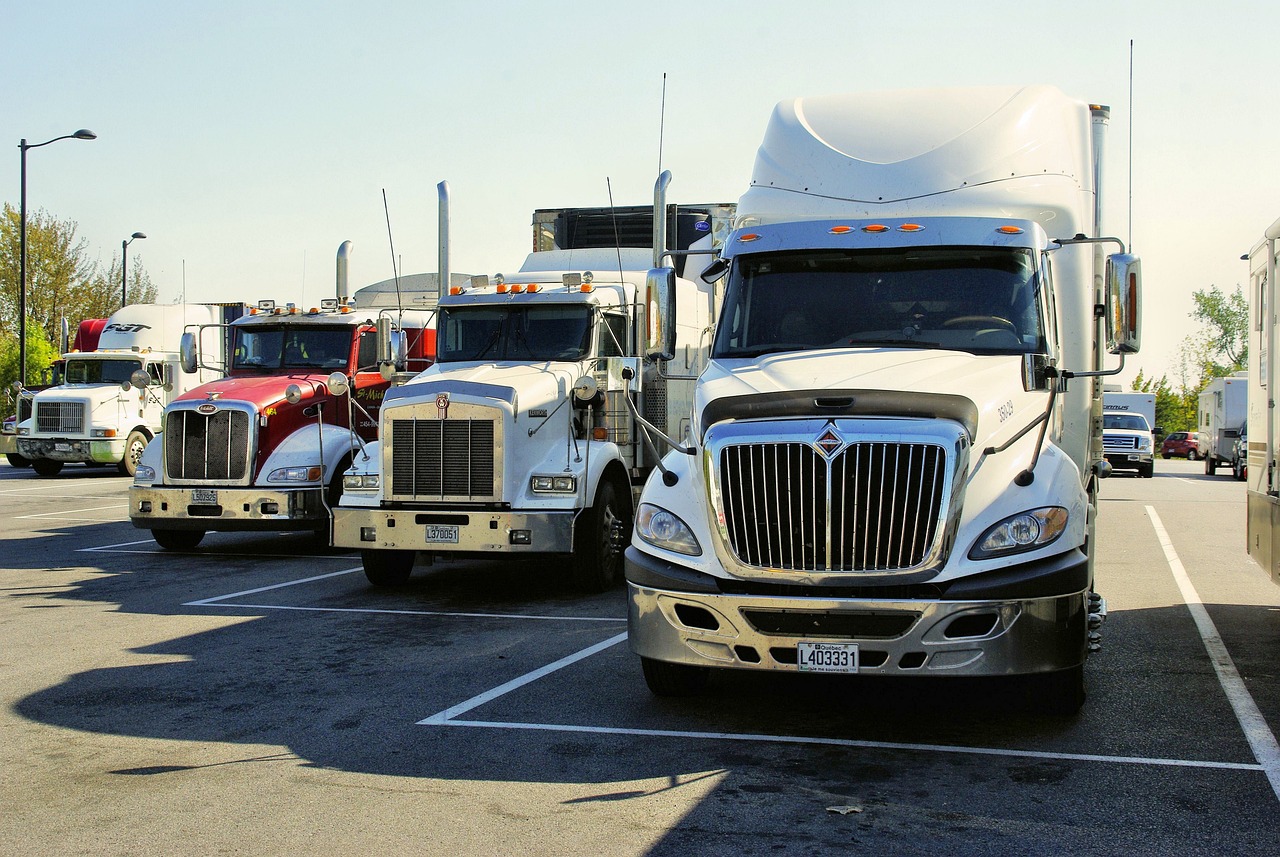
Trucking insurance is a unique type of insurance that is specifically designed for the trucking industry. The needs of trucking companies are different than those of other types of businesses, and as such, trucking insurance policies are tailored to meet those specific needs.
One of the most important aspects of trucking insurance is liability coverage. This type of coverage is designed to protect trucking companies from the financial consequences of accidents that they may be held responsible for. This includes damage to other vehicles, injuries to passengers and other drivers, and property damage. Liability coverage is typically required by law, and it is essential for any trucking company to have this type of coverage in place.
Another important aspect of trucking insurance is cargo coverage. This type of coverage protects the trucking company against the loss or damage of goods being transported. The cargo coverage can be tailored to the specific needs of the trucking company, such as type of goods, the value of the goods, and the destination. It also can include the hazardous materials are being transported, such as medical supplies, chemicals etc.
Physical damage coverage is also a crucial coverage for trucking companies. This type of coverage protects the trucking company against damage to the truck or trailer as a result of an accident, fire, theft, or other covered event. This coverage will also cover the damage caused by a collision.
In addition to these types of coverage, trucking insurance policies can also include other types of coverage, such as non-trucking liability coverage, bobtail insurance, and umbrella insurance. These types of coverage provide additional protection for the trucking company and its drivers.
Overall, trucking insurance is a critical component of any trucking business. It provides essential protection against the financial consequences of accidents and other covered events, and it can be tailored to meet the specific needs of the trucking company. Trucking companies should work with an insurance agent who has experience in the trucking industry to ensure that they have the right coverage in place to protect their business.
Trucking companies are subject to a number of federal regulations that they need to be aware of in order to operate legally and safely. Some of the key federal filings that trucking companies need to be aware of include:
- Motor Carrier Operating Authority (MC Number): This is a unique identification number that is issued by the Federal Motor Carrier Safety Administration (FMCSA) to trucking companies that operate commercial vehicles across state lines. The MC number is required in order to register and insure the vehicles, and it must be displayed on the vehicles themselves.
- Unified Carrier Registration (UCR): This is an annual fee-based registration program that is required for all trucking companies operating in the United States. The UCR fees are used to support state and federal enforcement activities related to commercial vehicle operations.
- Insurance filings: Federal laws requires all trucking companies to carry certain levels of liability insurance, including bodily injury and property damage liability coverage. This coverage is used to protect the trucking company and other parties in the event of an accident. Insurance companies play a crucial part in these regulations as they must provide evidence of insurance filings by issuing MCS-90 Form for FMCSA.
- IFTA: International Fuel Tax Agreement is mandatory for the trucking companies that operate in more than one state, it allows them to file quarterly fuel use taxes in one state instead of multiple.
- HUT: Heavy Use Tax is for those trucking companies that operate a significant number of miles within the state.
- Electronic Logging Devices (ELD): As of December 2017, the Federal Motor Carrier Safety Administration (FMCSA) has implemented a rule that requires drivers of commercial vehicles to use electronic logging devices (ELDs) to track their hours of service. trucking companies are required to ensure that all of their drivers are in compliance with this rule.
It's important for trucking companies to stay up-to-date on these and other federal regulations, as failure to comply with them can result in significant fines and penalties. Working with insurance companies and their agents that have experience in the trucking industry can be very helpful in this regard as they can assist with ensuring compliance and making the correct filings for your company.

